Proposals to relax EU GMO laws could violate international law, according to a new legal opinion. The planned EU law on “new genomic techniques” (NGT) may be incompatible with the Biosafety Protocol of the UN Convention on Biological Diversity.


Proposals to relax EU GMO laws could violate international law, according to a new legal opinion. The planned EU law on “new genomic techniques” (NGT) may be incompatible with the Biosafety Protocol of the UN Convention on Biological Diversity.
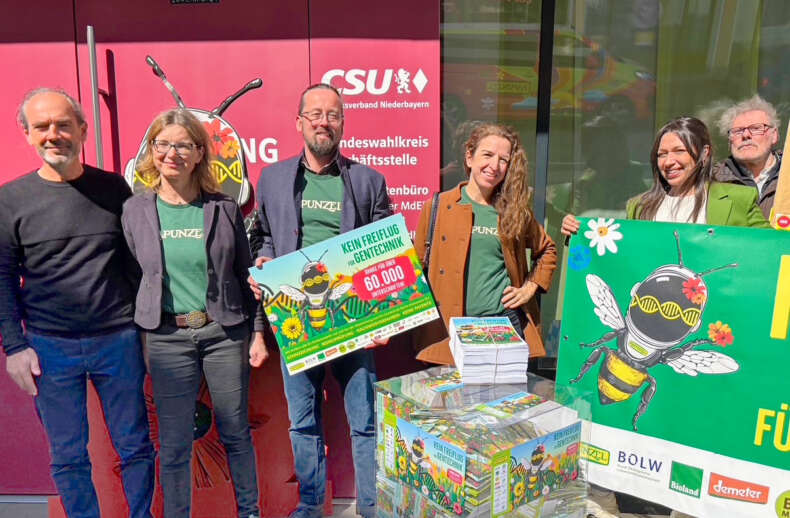
The campaign “No Free Pass for Genetic Engineering,” launched by around 30 associations and organic companies, has collected 60,000 signatures against the deregulation of plants developed using New Genetic Techniques (NGT). The signatories demand consistent labeling, traceability, and risk assessment for NGT plants, as well as protective measures for GMO-free agriculture.
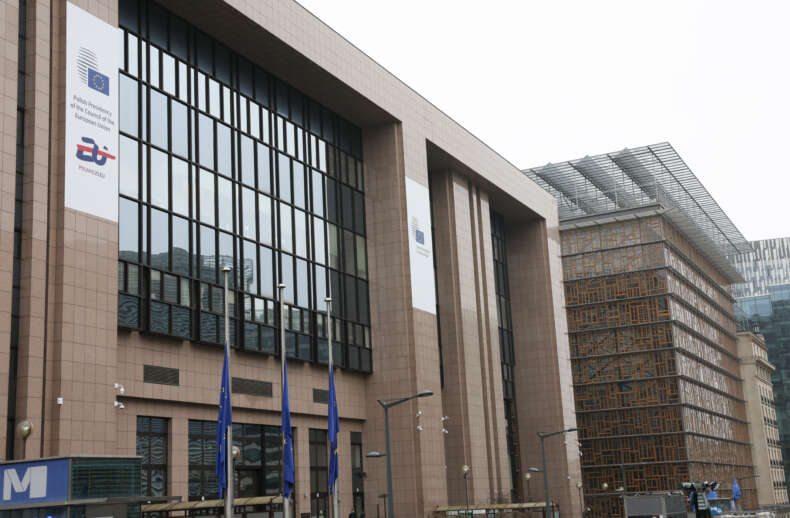
On Friday 14 March, the 27 EU member states reached an agreement on the deregulation of plants produced using new genetic engineering techniques, known as “new genomic techniques”. A qualified majority of member states backed the compromise proposal put forward by the Polish EU presidency. Many agricultural and environmental organisations had criticised the proposal.
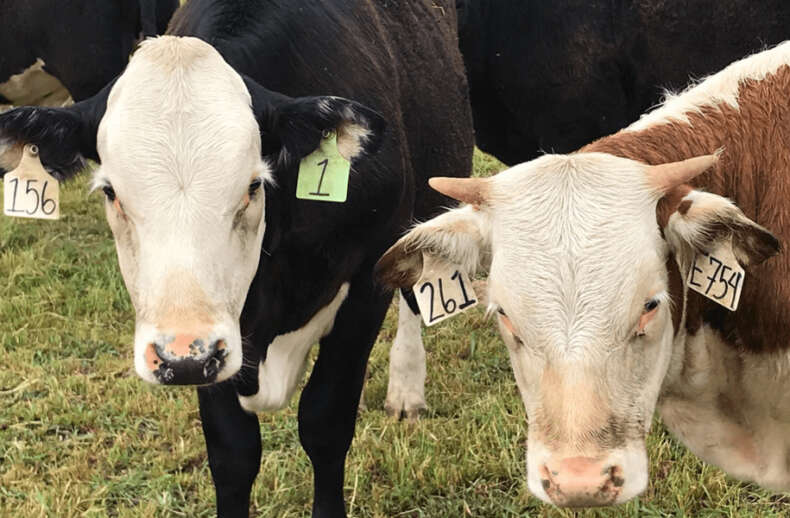
The European Food Safety Authority (EFSA) sees no new risks from the use of new genetic engineering techniques on animals. Its draft scientific opinion is available for comment until 19 March. Testbiotech has criticised the “wrong approach”.

In a joint statement, more than 200 organisations bringing together small-scale and organic breeders, farmers’ organisations, food retailers, and civil society groups —including Save Our Seeds — are urging the EU institutions to reject the proposed deregulation of gene-edited plants.
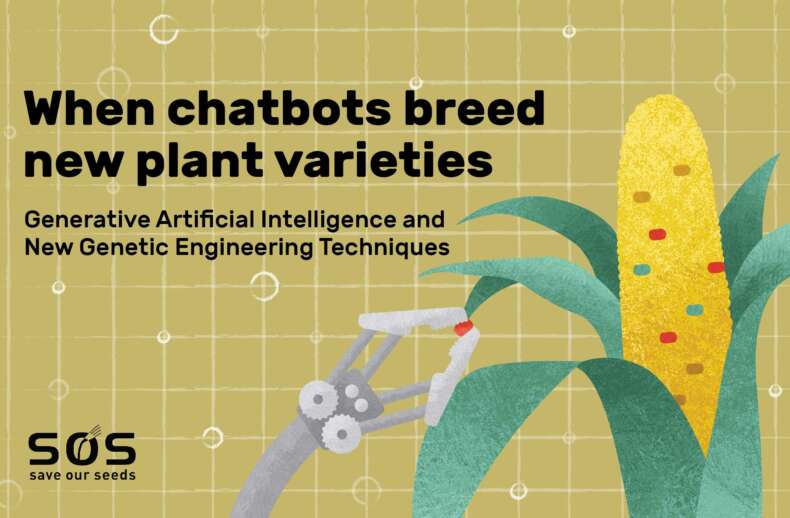
The increasing use of generative artificial intelligence (AI) tools is driving a profound transformation in plant genetic engineering. The report ‘When chatbots breed new varieties’ by Benno Vogel summarises the state of the art in relation to plant breeding. How should scientists and regulators deal with the emerging new challenges?
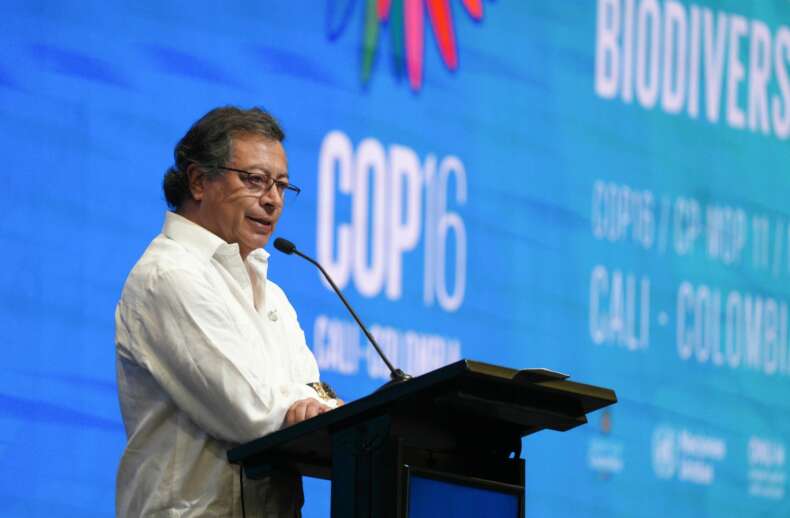
For those concerned about the unregulated and potentially uncontrollable spread of genetically modified organisms, there was a lot at stake at the 16th Conference of the Parties to the UN Biodiversity Convention.
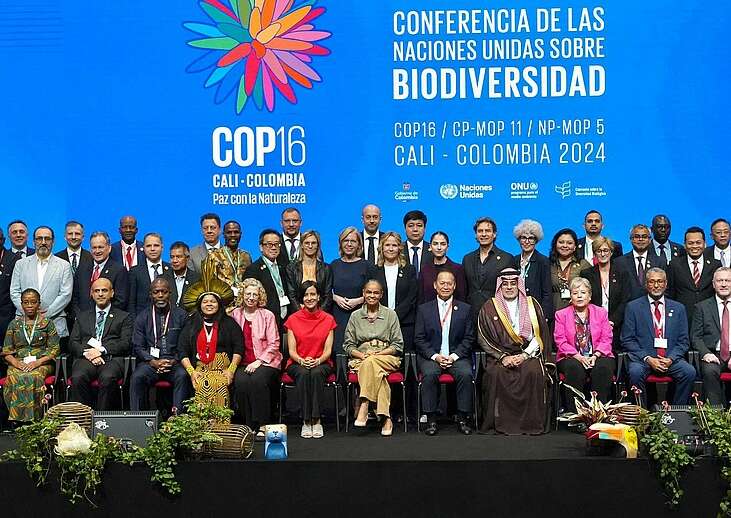
The 16th Conference of the Parties (COP) of the Convention on Biological Diversity (CBD) in Cali produced few encouraging results with regard to the Precautionary Priniciple and the effective regulation of genetically engineered organisms, particularly gene drives.
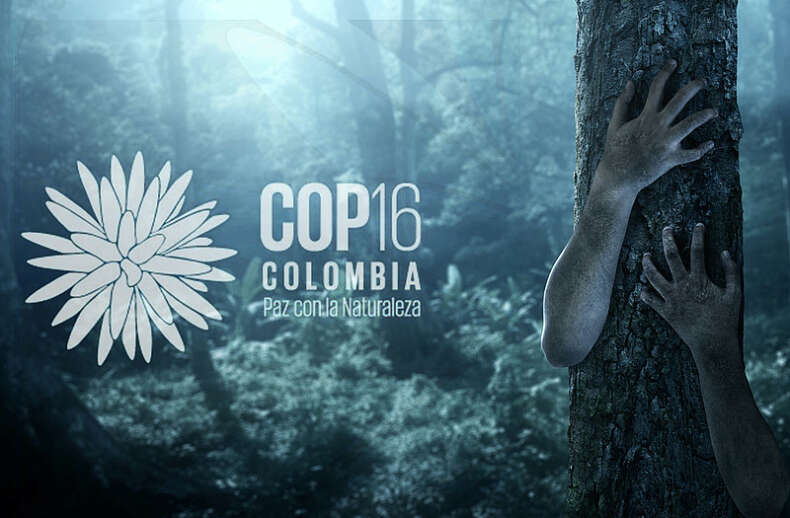
Things have changed at the Convention for Biological Diversity, CBD, says Jim Thomas who participated in most of the Convention’s COPs (CBD Conference of Parties) and MOPs (Meeting of Parties to the CBDs Biosafety Protocol) in this century.

As biotechnology reaches ever greater capabilities to “re-design” nature, some want to turn the CBD into a place for the promotion rather than regulation of biotechnology. Parties to the Convention cannot let this happen, warns German-based NGO Save Our Seeds.